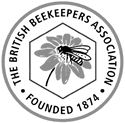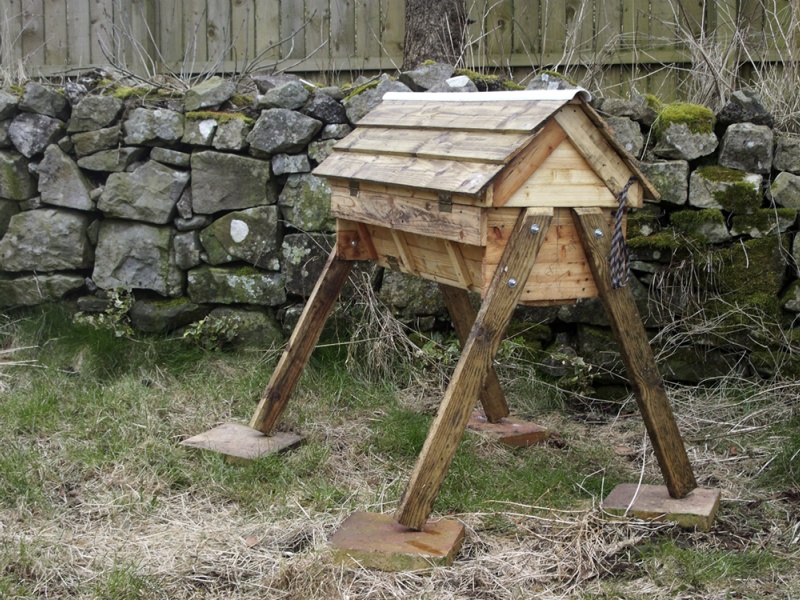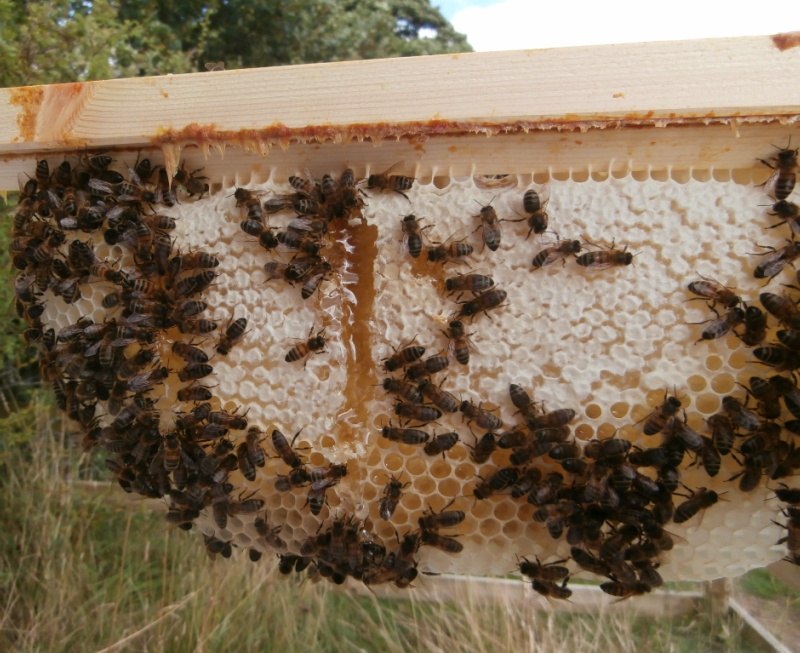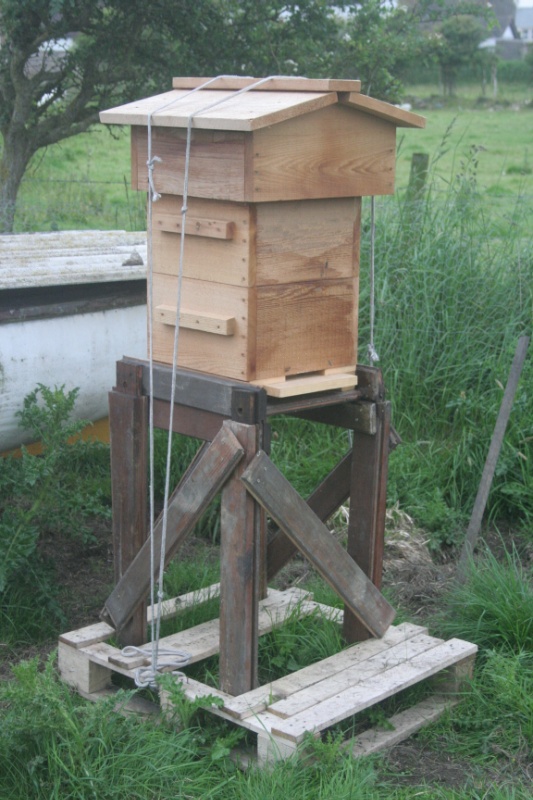

| Local Branches |
Natural/Sustainable Beekeeping.
There are as many ways of beekeeping as there are beekeepers. However
over the last 10 years or so there has been a growing interest in
approaches that incorporate more natural ways of keeping bees. Some of
this interest has come through a wider range of hives being available
such as the Warre, the Kenyan Top Bar and the Sun Hive.


This interest has also arisen because of our growing awareness that honey bees and other pollinators are in trouble in our modern world from a variety of challenges such as pollution, changing weather patterns, herbicide and insecticides, such as neo-nicotinoids, varroa mites and long term use of bees industrially. We are realising that we can no longer take for granted the natural homeostasis of life on this planet and need now to take care and support the biodiversity of life and the health of our environment. One third of all our food is dependent upon bees for its production, as a result, natural beekeeping focuses on supporting the bees for pollination rather than for harvesting honey.
Here
are some of the principles of natural beekeeping:
⦁
To keep to an absolute minimum interference and manipulation with the
hive.
⦁
To use natural comb rather than foundation.
⦁
To only open the top of the hive when it is essential and so to keep
loss of heat to a minimum and maintain the natural scent of the hive.
⦁
To design hives that simulate as much as possible hives in the wild,
adapting conventional hives to this more natural approach.
⦁
To not use chemicals that are harmful to the bees or the wider
environment.
⦁
If a treatment is needed to help the bees overcome an increase of
parasites or the prevalence of a disease, natural substances are used as
much as possible.
⦁
To be bee-centred rather than honey production centred. To only
harvest surplus honey or not at all.
⦁
To allow natural swarming where possible and support this with bait
hives.
⦁
To grow and encourage the provision of as many pollinating and insect
friendly plants in gardens and the wider environment.
Like all beekeeping there are variations within this framework and
different degrees of management and control. Each beekeeper works in
ways that uses their own experience and instinctive feel for the bees.
Especially as sometimes only through trial and error do we learn and
evolve our relationship with these fascinating creatures. Of course
ultimately, it is the bees that teach us what they need.
As a new beekeeper, within your local branch there may be a beekeeper
who is working with these principles who can act as a guide or mentor.
Or there may be a beekeeper who although working in a different way, is
sympathetic and supportive of this approach to beekeeping.
Information supplied by Martin Gerrish
